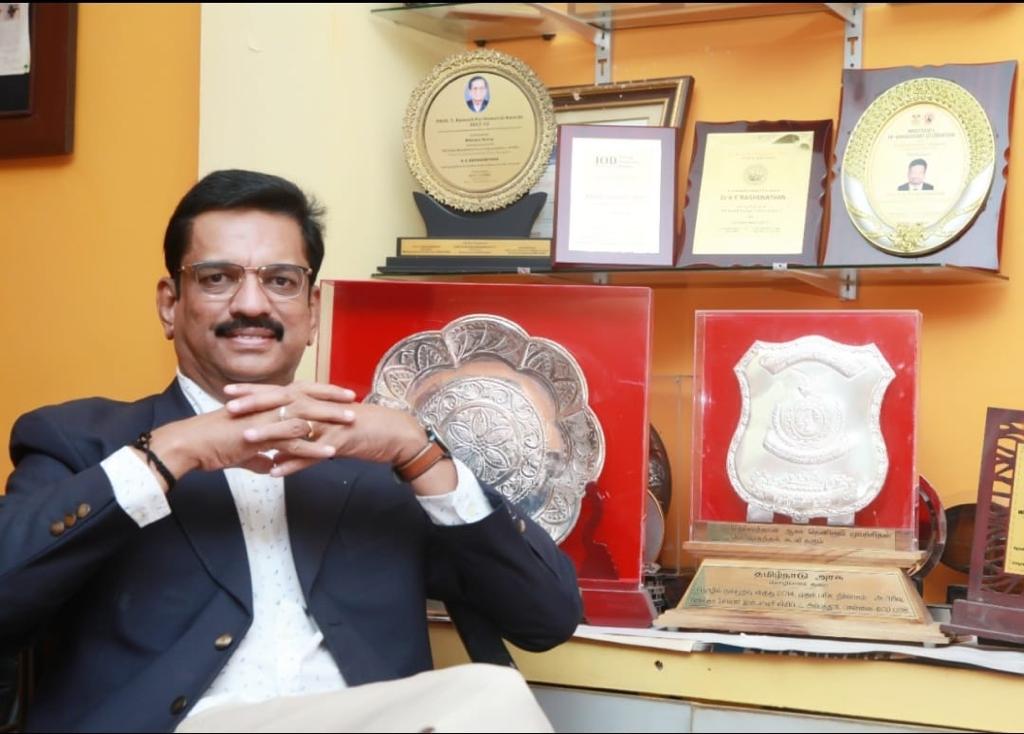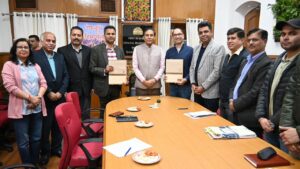The Coronavirus second wave is well upon us, all around us and it is scary to venture out as this attack of the pandemic is more severe and is affecting even the youth – and its adverse impact on our life and lives is very much there for everyone to see. The deaths, the despair, and the despondency and the scurrying around for basic health facilities, oxygen, medicines, and treatment reveals how the pandemic has overrun our health infrastructure.
Yes, protecting lives is very important, and at least now the government has begun a concerted attempt to fight the pandemic with the central government and Prime Minister Narendra Modi stepping in. But the rapid pace at which the Coronavirus is spreading is scary, and also because our health infrastructure, like even in the developed West, is coming under increasing pressure.
But even equally important if not more than life is the issue of livelihoods, over which there is a huge question mark given the severe restrictions that are getting in place to fight the pandemic. While no one will argue with the need for ‘mini lockdown or targeted restrictions to break the Coronavirus chain’ and reduce COVID cases, while doing so livelihoods of hundreds of people could get wiped out.
“Life and livelihood both matters,” asserts KE Raghunathan, Convenor, Consortium of Indian Associations, a body representing MSMEs across the country. “What the second wave has done is that people with COVID are struggling to save lives and those who are not are fighting to save their livelihoods,” he said.
The central government ought to set up a task force with expert members from different sectors to revive the economy and unless this is addressed on a war footing, alongside tackling the health pandemic, in the overall interests of the people.
Already, the impact of the COVID 2.0 wave has meant, industries, mainly Micro, Small Enterprises, Self Employed Entrepreneurs have become insecure, clueless on the way forward, and are feeling like being left in dark, he said adding “for many small companies, orders have stopped, cash flow has come to standstill, migrant labourers have started leaving, raw material prices are shooting, and movement of materials has become unpredictable.”
“But more important, for the Micro and Small enterprises, the banks are a bigger problem as they have begun applying pressure on recovery of previous loans and have also reduced existing borrowing limits owing to past year’s performance. This means that the small entrepreneur is left with absolutely no escape route but to die a slow death,” Mr Raghunathan said.
State/Central Govt must immediately form a Task Force to handle Livelihood Loss with Experts from MSME and address impacts and solutions to each segment, which are affected by restrictions as per needs.
“If the issue is not addressed, in the next month or so, 40 % of existing MSMEs will face certain death,” the Convenor of the Consortium of Indian Associations said.
For the immediate relief of the MSMEs that employ nearly 15 crore people, in the formal and informal sector, the government ought to give relief to the entrepreneurs so that they can tide over the immediate crisis gripping the nation.
Firstly, the government ought to postpone or should not collect its revenues generated from entrepreneurs through various taxes, EMIs, GST, TDS, IT, and other collections for the next six months. And more importantly should not collect interest on these amounts from entrepreneurs when they collect after six months.
The government should also allow entrepreneurs to exist in a particular line of industry or business activity that has gone down under and enable the entrepreneur to adopt and take up a new venture – in essence, the government should rekindle the entrepreneurial spirit.
“The authorities should also help all those who lost jobs with at least 50 per cent of their last drawn salaries for their survival. If the government takes these steps, it will greatly help the sector that employs many. The big industry would survive, even if it does not get a huge fiscal stimulus, but for the small and micro-entrepreneurs – the self-employed and the gig economy workers, it will be a sure shot of death if the government does not come out with timely assistance,” Mr Raghunathan added.
Lakshmana Venkat Kuchi, Consulting Editor, is a senior journalist with over three and a half decades experience in the profession at the national and regional level. For the longest duration in over three decade career, he was associated with Hindustan Times for 18 years in New Delhi, Jaipur and Chennai. Email id: kvlakshman@gmail.com & Twitter: @kvlakshman







Comments are closed.